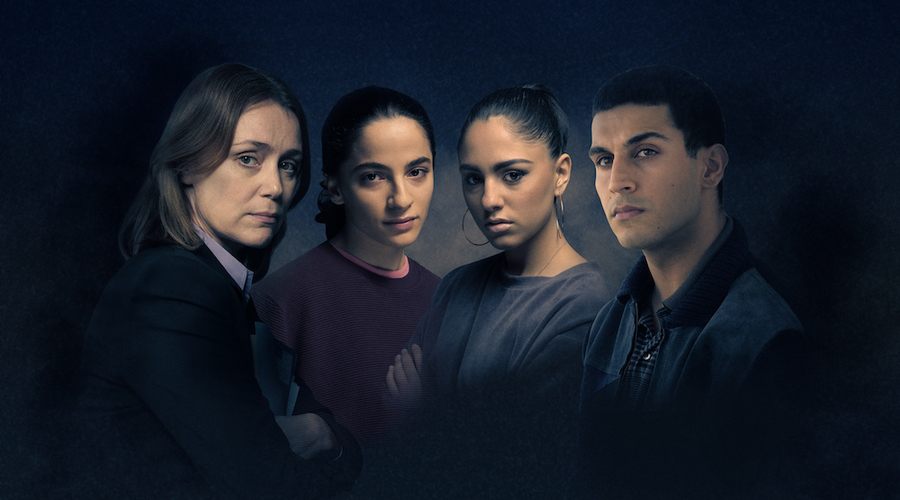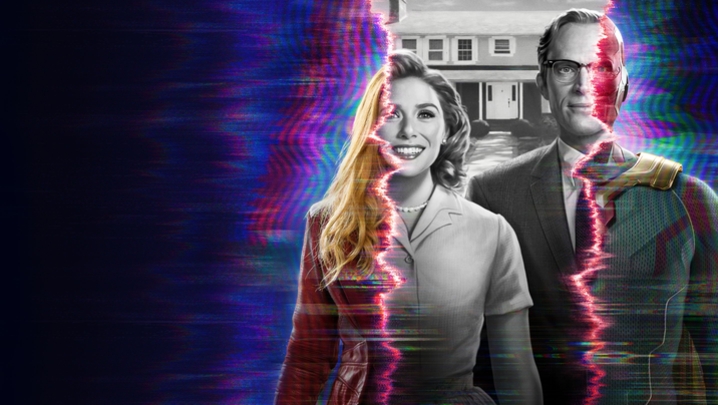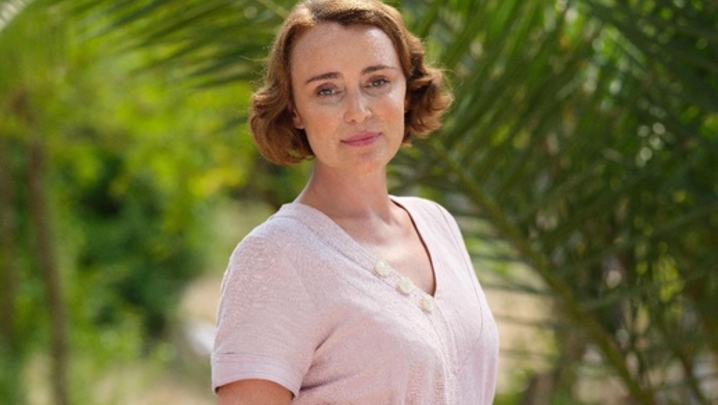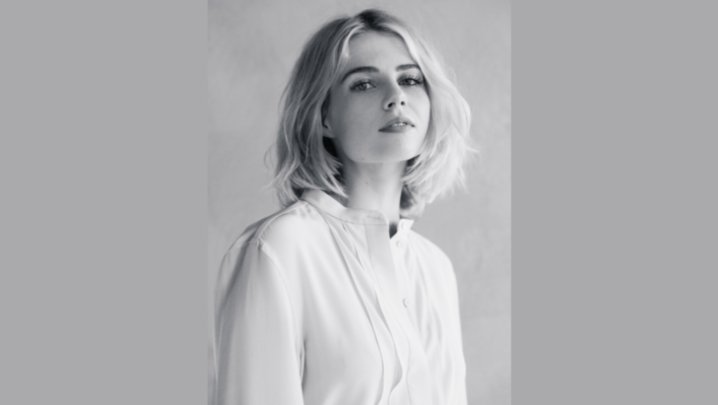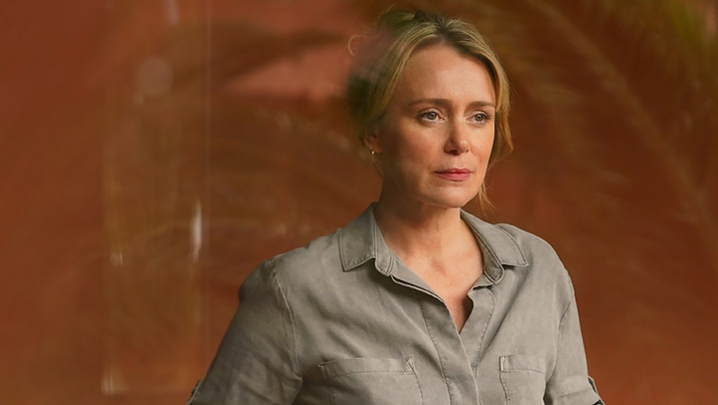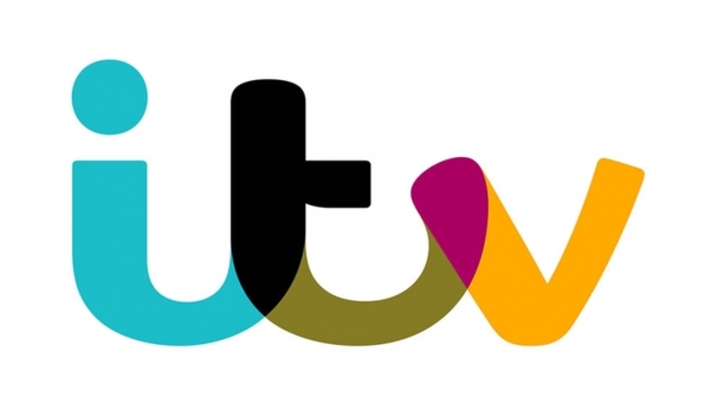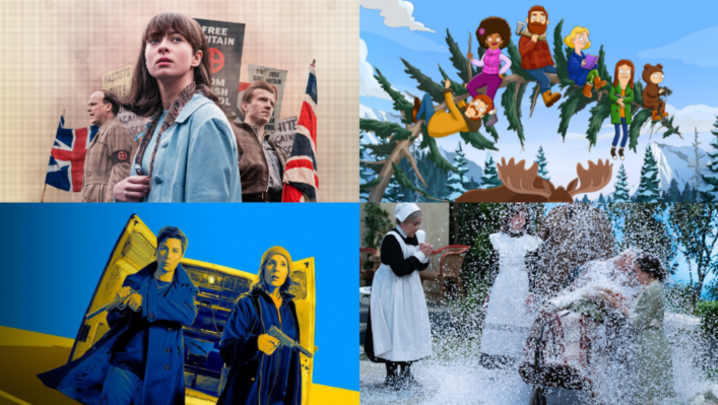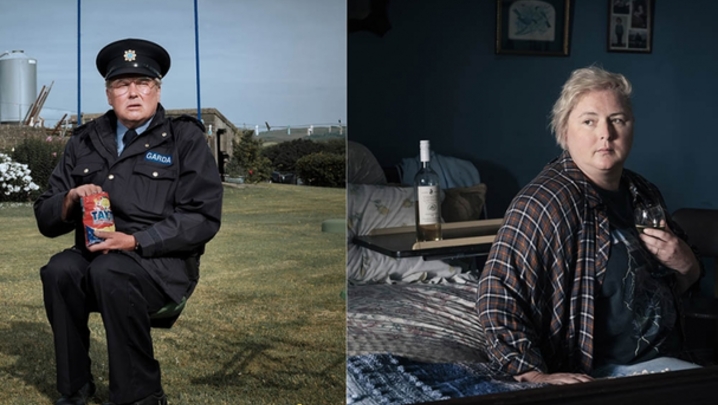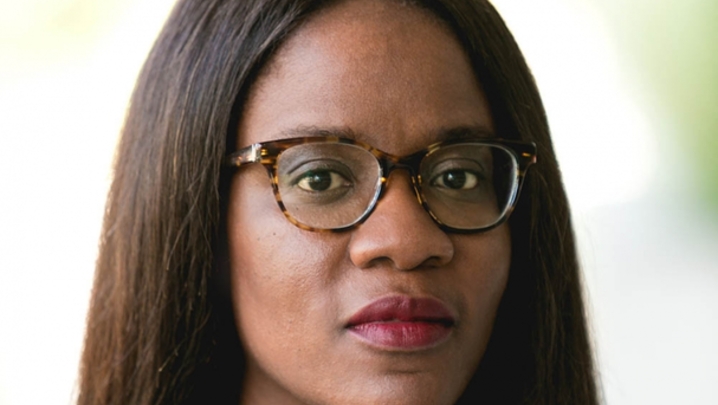Gwyneth Hughes talks so-called honour violence, the white saviour trope and the bravery of two young women in her new drama Honour.
It was almost 15 years ago that writer Hughes saw Banaz Mahmod’s face in the newspaper, a victim of a so-called honour killing.
In 2006, Mahmod was raped and murdered in a plot initiated by her own father and uncle, for falling in love with a man her family hadn’t chosen, following a divorce from her violent husband 10 years her senior.
For Hughes, after watching the documentary Banaz: A Love Story, she knew she needed to turn the story into a drama.
“The main thing that comes out of the documentary is the unity and affection among the police team,” Hughes recalled, finding the love the team and specifically DCI Caroline Goode had for Banaz very impactful.
What struck Hughes was the courage Banaz found to seek help, “by all accounts, Banaz was a quiet and home-loving sort of girl who found the courage to stand up to her family.”
Hughes added: “Banaz went to police five times and five times she got nowhere and that just breaks your heart, it’s just appalling.
“She wasn’t suffering in silence, but nobody knew what to do, nobody knew how to hear her.”
This lack of understanding among the police and wider community is another reason why Hughes was keen to create the drama, recognising that drama reaches more people.
“Plus, if you manage to get Keeley Hawes in your drama it’s going to reach even double the number of people,” she laughed.
A former newspaper journalist, Hughes is not afraid of delving into dark subject matter. As well as creating and writing ITV’s Vanity Fair adaptation, Hughes wrote the BBC drama Doing Money about human trafficking, which was nominated for an RTS Programme Award.
Honour tells the real-life story of the so-called honour killing of 20-year-old Banaz Mahmod (Buket Komur) and the police investigation led by DCI Caroline Goode (Keeley Hawes) to find the missing girl and bring the men involved to justice.
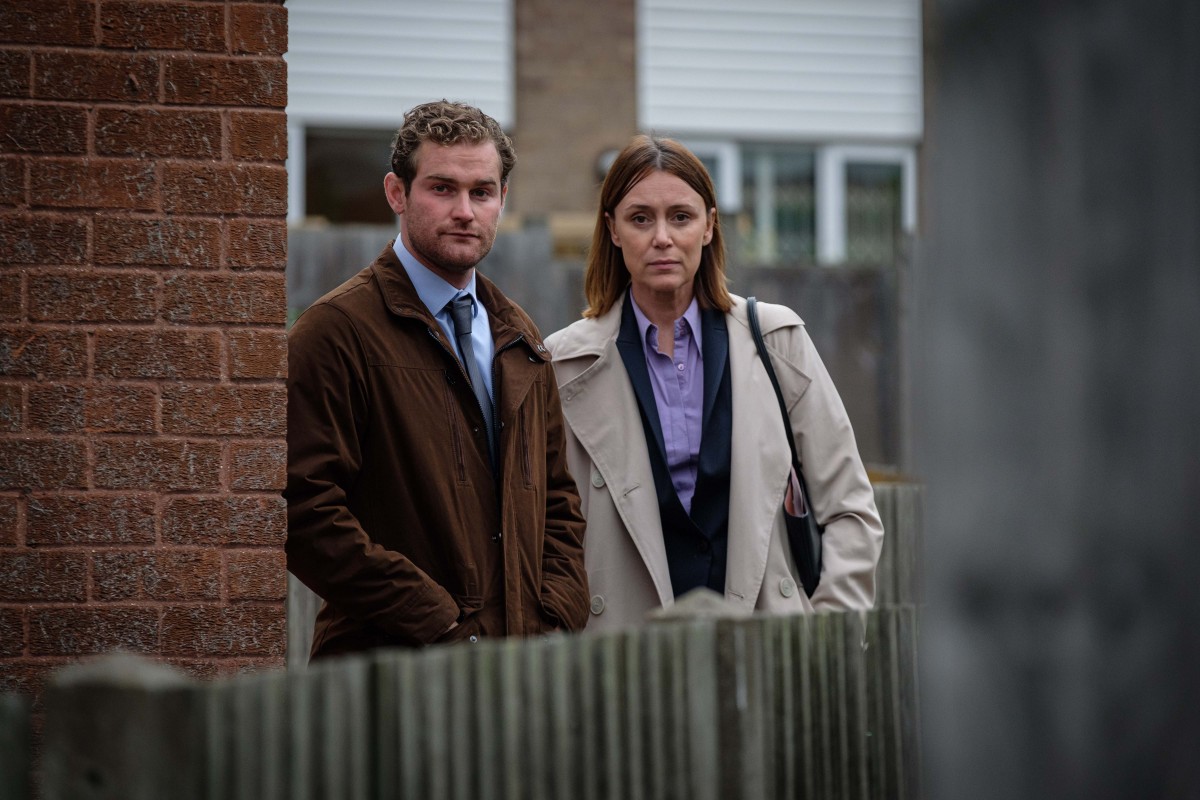
Hughes hopes in having a large audience, the drama will shed a light on this shocking crime that happens to young British women.
It was important for Hughes to make Banaz a presence in the film, she explained, “[Buket Komur], who plays Banaz, uses her words from a genuine police interview.”
At the end of one of her police interviews, Banaz asks “what can you do for me?” but never finds the help she so desperately needed until it was too late.
The drama was six years in the making and during this time, Hughes learnt a lot about so-called honour violence and killings.
“The story is about people bringing frozen values from the past to this country,” Hughes explained.
“It happens all over the world, not just in the Kurdish community. These views are from the past but survive in some corners, and some of those corners have British girls in them.”
“It’s the difference between a life where girls can get an education, jobs and a more old-fashioned life where wives are the economic trading stock in the family, so they have to be pure and honourable to get good husbands so their family won’t starve.”
Hughes wanted to stress that this way of thinking is not something all Kurdish men believe, and she wanted to ensure they were not all portrayed as villains.
The Kurdish interpreter who worked on the case was an important male voice of virtue and common sense and helped Hughes understand why honour was so important and why this type of violence occurs.
“I didn’t understand until quite late in the proceedings the intensity of the rage against these young women, the murderers are not just trying to kill her, but erase her memory like she was never on earth,” Hughes explained.
“It’s bigger than murder, it has this element of extinction to it, which is really disturbing to think about.”
During the writing process, it became clear to Hughes that the central partnership and driving force of the story was the relationship between DCI Caroline Goode and Banaz’s sister, Bekhal.
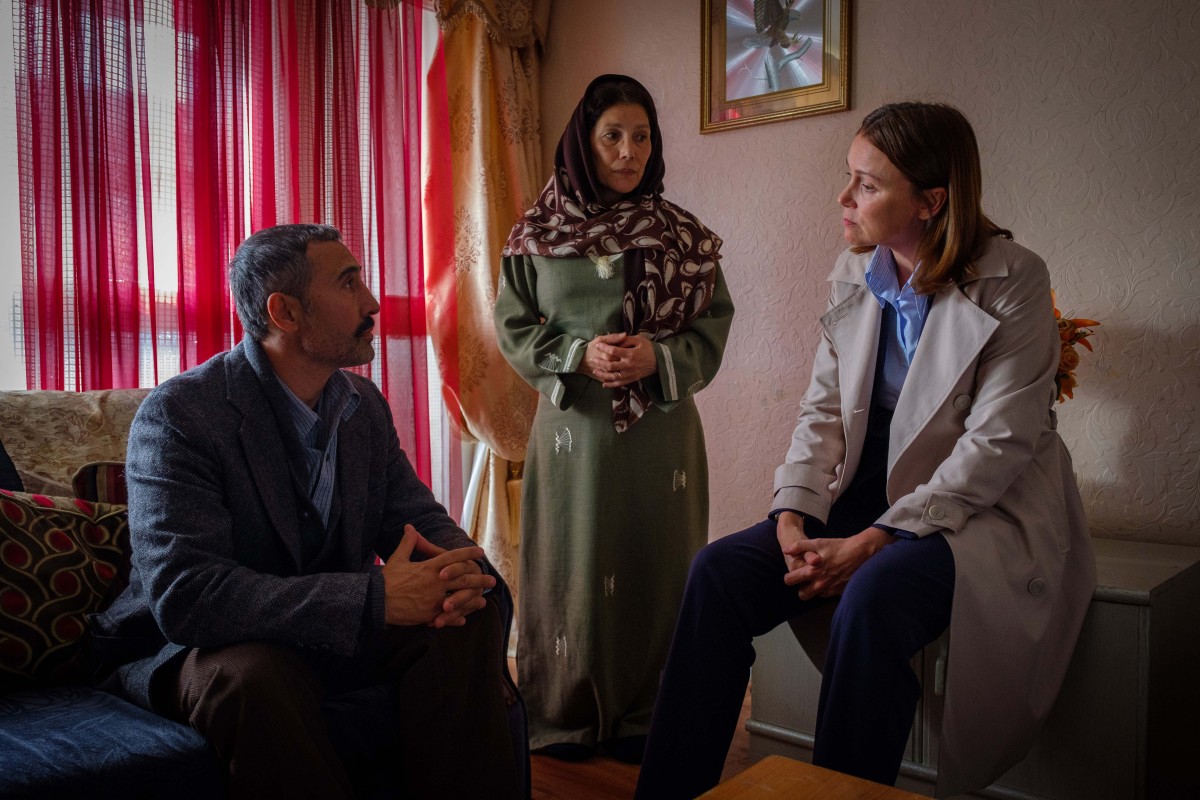
Bekhal helped DCI Goode understand the cultural pressures some Kurdish women are put through and the violence she faced from her own family.
“Bekhal is just the biggest heroine,” Hughes enthused, “she’s just an extraordinary young woman.”
“I speak to her every couple of days but she’s in witness protection, so I don’t have her phone number, I don’t know what she looks like, I don’t know where she lives, I have to wait for her to call me.”
Hughes praises Bekhal for the huge sacrifice she made giving up her life by testifying against her own family to get justice for her sister.
Hughes continued, “she’s funny, she’s feisty and completely inspiring.”
As a form of control, the men in the community would spy on the women and report back to their families if they were behaving in a way deemed inappropriate or impure.
“Banaz was a divorced woman and a free agent by Western standards and her boyfriend Rahmat was Kurdish but he wasn’t the man her family chose for her,” said Hughes.
For Hughes, the most shocking thing she learned and something that still sends a chill through her heart is when Rahmat told her, “the last man on earth a girl can marry is the one she says she loves, because even saying that she has already done something shameful.”
This type of mentality can be hard for people outside of the community to understand, which Hughes believed is part of the reason why the police didn’t take Banaz seriously.
“They thought she was just making a fuss, they didn’t listen properly and were overwhelmed, plus the police had no training,” she explained.
The final time she went to the police she was offered a place of safety but she decided to go home, “she thought she’d be safe at home with her mum, she was still innocent and wanted to be part of the family, but her death sentence had already been written,” said Hughes.
Confronted with such awful and disturbing material, Hughes found it cleansing to try and make sense of it all through writing the drama.
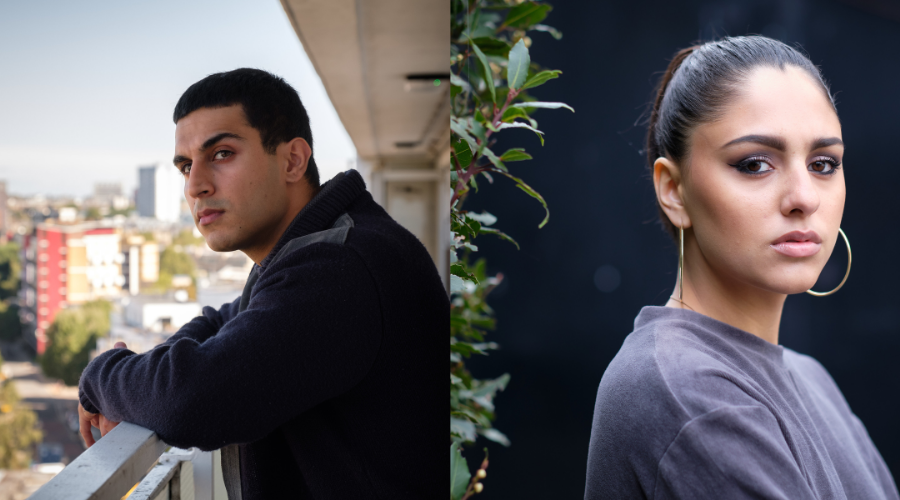
“I know the story back to front and I still watch it and cry at various places,” Hughes admitted.
In response to the drama and with DCI Goode being a white woman, Hughes has faced conversations about the white saviour trope.
“I don’t think that’s a fair accusation,” said Hughes, regarding comments that the drama perpetuates the narrative of the white saviour rescuing the person of colour from their plight, telling the drama from the perspective of the police.
“Caroline Goode didn’t save anybody because the girl died. What Caroline did was her job, which was to investigate, find out the truth and get the men sent to prison,” reasoned Hughes.
DCI Goode and her team successfully convicted five men for Banaz’s murder, including her father and uncle; with all the men given life sentences.
After writing such a dark drama, is something lighter in store for Hughes?
“I’m actually in pre-production on another sad, terrible, big true story,” laughed Hughes, “but after that I’m doing a rom-com for sure, so that will cheer me up.”
For Hughes, the best thing to come out of this drama would be to raise awareness and reach the maximum number of people.
“We actually secretly in our hearts believe we may be helping to save lives and you can’t often say that about working in telly.”
Watch the final episode of Honour tonight at 9pm on ITV.

